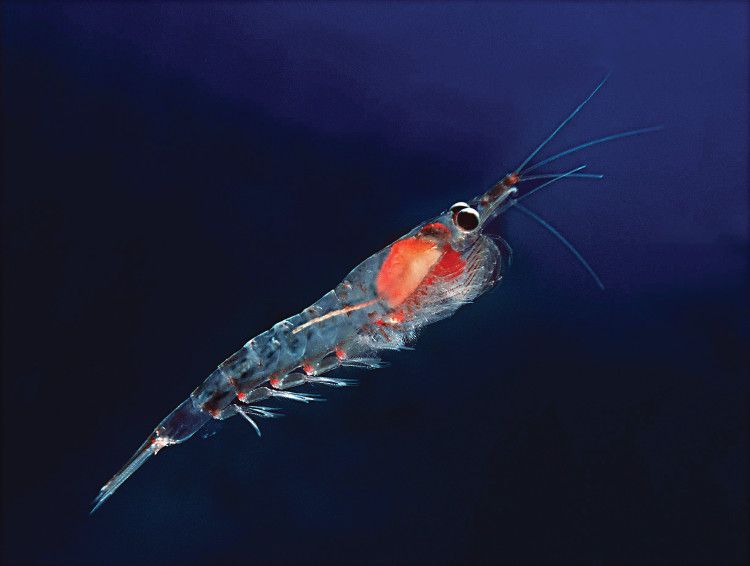Aker to collaborate with University of Illinois Chicago, securing IP rights for LPC-bound EPA/DHA
As part of their collaboration, Aker has entered into an exclusive licensing agreement with University of Illinois Chicago for the current intellectual property resulting from the University's work on LPC-bound EPA and DHA.
Photo © iStockphoto.com

Aker BioMarine is collaborating with the University of Illinois Chicago (UIC) to explore the potential of its new Lysoveta delivery platform of LPC-bound EPA and DHA from krill. UIC has been on the forefront of research into LPC-bound EPA and DHA, and its ability to pass through the blood-brain barrier to enter the brain. According to research conducted by Prof. Papasani Subbaiah, professor of medicine, biochemistry and molecular genetics at the UIC College of Medicine, LPC is the preferred carrier of EPA and DHA to the brain and eyes, pinpointing LPC as a superior delivery platform to enrich these organs with essential omega-3 fatty acids.
As part of their collaboration, Aker has entered into an exclusive licensing agreement with UIC for the current intellectual property (IP) resulting from Subbiah’s work on LPC-bound EPA and DHA. Subbiah has been working on the subject of acquisition of DHA by the brain for several years, demonstrating the unique ability of LPC EPA and DHA to enrich brain and retinal DHA. He has published three scientific papers in 2020 alone. As such, UIC has acquired an IP portfolio which Aker has secured exclusive rights to, and the will in turn take responsibility for supplying the UIC team with LPC-bound EPA and DHA from krill to further their research.
“Our partnership with the University of Illinois Chicago marks the first step in establishing a strong network of collaborators within the LPC-bound EPA and DHA field,” said Matts Johansen, CEO, Aker BioMarine, in a press release. “We will continue to explore the potential of LPC-bound EPA and DHA from krill, to gain a broader and in-depth understanding of how Lysoveta can benefit brain and eye function. There is no better way to kick this off than with a world-leading research team on this subject by our side.”
"It is important to bring our findings into the real world, to test and prove the commercial potential of LPC-bound EPA and DHA in terms of its benefits on human health,” added Hyunjin Kim, associate technology manager at UIC’s Office of Technology Management, in a press release. “We are excited about this collaboration with Aker BioMarine, a partner whose products are firmly rooted in science.”











